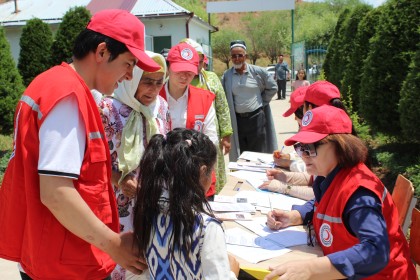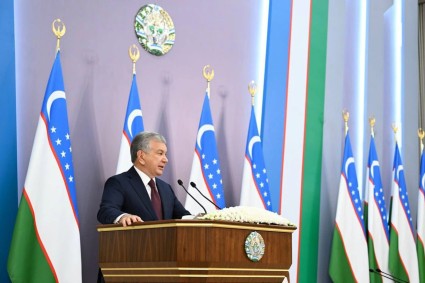Uzbekistan has adopted its first national standard establishing unified technical requirements for systems that alert and inform the population about potential or occurring emergencies. The new standard is a significant step towards enhancing civil protection mechanisms and strengthening national resilience to natural disasters.
In the context of accelerating climate change, the frequency and intensity of extreme weather events are increasing globally, including in Central Asia. International experience clearly demonstrates that timely and reliable early warning and public information play a critical role in reducing loss of life and mitigating socio-economic impacts. For this reason, the modernization of the Multi-Hazard Early Warning System (MHEWS) remains a national priority for ensuring sustainable development in Uzbekistan.
To support this effort, the Ministry of Emergency Situations, with assistance from the United Nations Development Programme (UNDP) and financial support from the Green Climate Fund (GCF), has developed and operationalized the national standard O‘zMSt 520:2025 “Civil Protection. Early Warning and Information System for the Population. General Technical Requirements”.
The standard sets out requirements for early warning equipment, their classification and application in both existing and newly designed systems. These provisions will inform procurement processes, quality assurance and system testing procedures, helping to ensure the reliable and consistent functioning of the MHEWS across the country.
The standard also has important strategic value. It creates a common framework for national producers and suppliers, reduces the risk of interoperability issues, supports the integration of advanced technologies and contributes to lower operational and maintenance costs through standardisation. Most importantly, it will facilitate faster and more coordinated implementation of early warning systems at national and local levels.
***
The project “Enhancing Multi-Hazard Early Warning System to increase resilience of Uzbekistan communities to climate change-induced hazards” is a joint effort of UNDP, the Ministry of Emergency Situations, Uzhydromet, funded by the Green Climate Fund. The project is designed to ensure modernization of the country’s early warning system into an impact-based MHEWS with the focus on floods, mudflows, landslides, avalanches and hydrological drought in the more populous and economically important eastern mountainous regions of Ferghana Valley.














